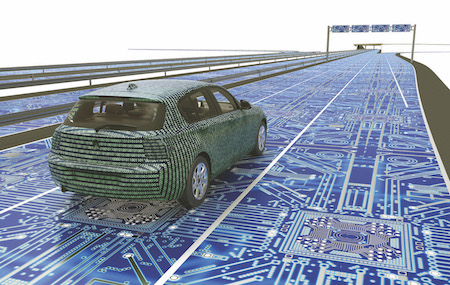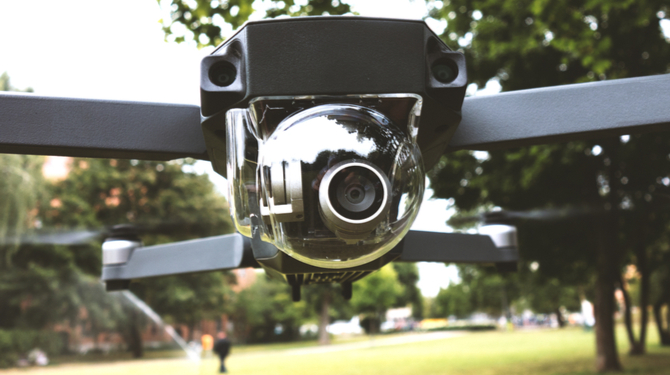Following on from his latest Silicon Valley meetings, Sergio Marchionne, the CEO of Fiat Chrysler Automobiles (FCA), reveals that one of the strategic issues holding up the progress between FCA and companies like Apple and Google with respect to the development of an intelligent self-driving cars, is the delivery of emergency calls (e-calls) and potentially related infotainment services, deliverable by means of the same SIM cards.
Italian and European regulation outlines the obligation of car manufacturers to ensure e-call services by 2018 following the decision by the EU Parliament of April 2015 to adopt a single centralized emergency EU number (112) reachable from any motorway in any Member State.
Under such resolution, the SIM cards embedded in the vehicle will need to communicate the vehicle's exact location to emergency services (sensitive data), the time of incident and the direction of travel (most important on motorways), even if the driver is unconscious or unable to make such phone call. Furthermore, an eCall will also need to be able to be triggered manually by pushing a button in the car, for example by a witness of a serious accident.
The fundamental issue will be the ownership of the SIM cards and relevant provision of electronic communication services in the sale of “connected vehicles”.
Car manufacturers such as FCA are in fact shifting their value propositions, identifying a critical role in retaining the property of data processed by embedded SIM cards, and also acting possibly as operators in offering relevant infotainment services. In this event car manufacturers will be subject to the electronic communications applicable regulatory regime, particularly in terms of obligation of identification of users, data retention and communication security obligations. Hence, the manufacturer shall i) be duly authorised to provide mobile electronic communication services and ii) comply with all applicable privacy regulations for the gathering, retention and security of geo-localization (sensitive) data related to the eCall Service offered in vehicles.
Under Article 55, para. 7, of the Italian Communication Code, dealers acting as authorised telecoms operators must identify end-users upon delivery of the SIM card and prior to its activation or any provision of connectivity services. Under the applicable Italian rules, the collection of data concerning end-users of telecoms services (including identity details) is an obligation imposed on authorised telecoms operators, responsible for the offering of related services.
The eventual transfer of title to the vehicle also will necessarily imply the transfer of title to the SIM card and fulfillment of the requirement for all end-users of regulated telecoms services to be uniquely identified.


.jpg)
.jpg)
.jpg)

.jpg)



.jpg)
